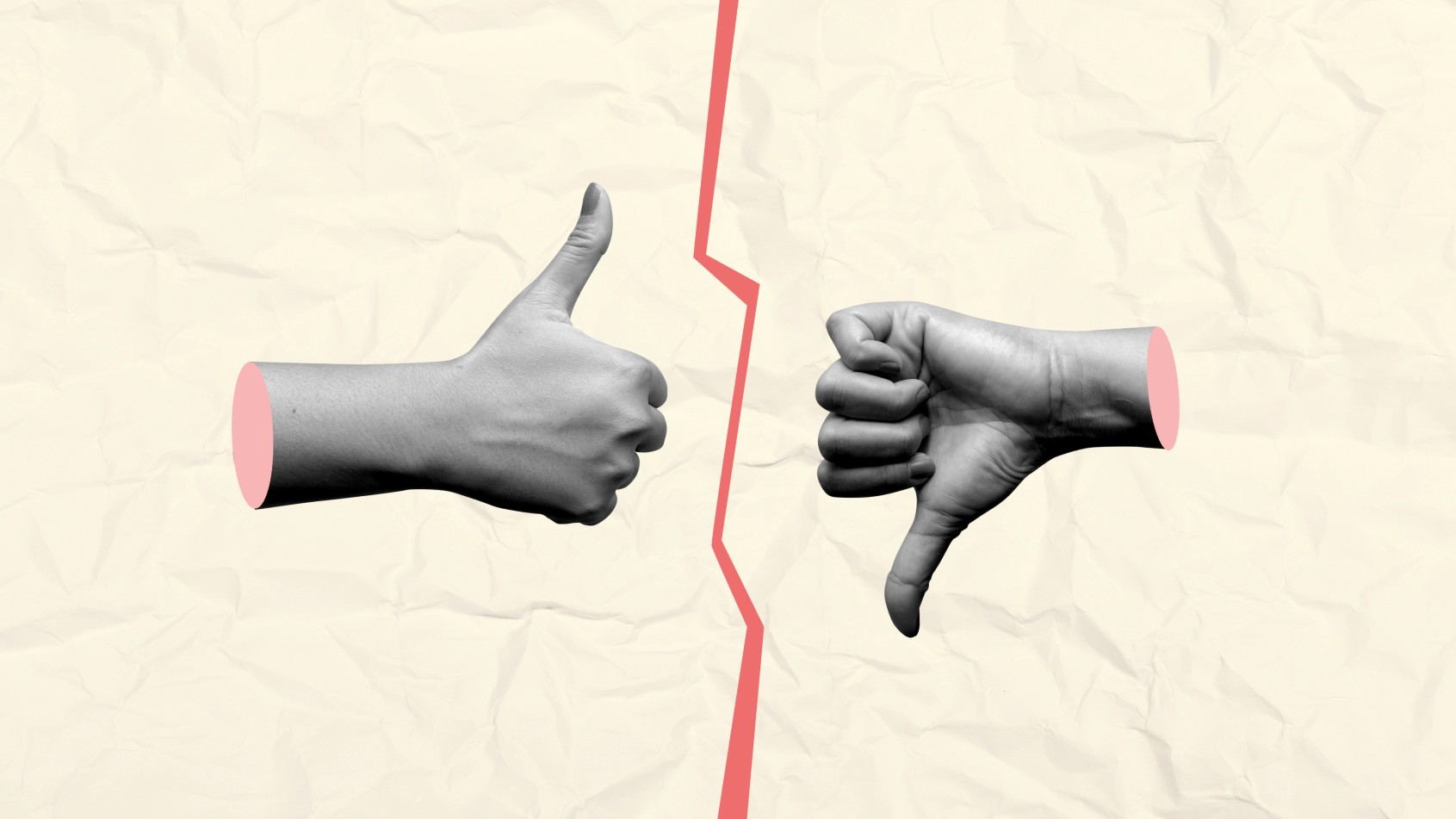Susan Neiman discusses European attitudes about America.
Question: What should Americans know about how Europeans think?
Neiman: I wish they knew that they viewed it as absolutely barbaric not to have maternity and paternity leave. I wish they knew that they viewed it as barbaric not to have health insurance, not just as strange but as barbaric. I wish they knew that they consider all of these things to be rights and not privileges or benefits as they get called in salary packages. I wish they knew that it is infinitely more pleasurable to live in a place with great public transportation where you don’t have to jump in to a car every second to buy a bottle of milk. It’s not simply that it’s better for the environment, that the entire quality of life improves. I wish they knew that Europeans are mystified by the number of handgun deaths and by the fact that I can let my teenage girls go out-- I go to sleep before they do in the middle of Berlin. They go out; they go to clubs; they go to art exhibits and enjoy themselves; they come home on safe public transportation. I neither have to worry about their being hit by a drunk driver nor being mugged by a poor person because you can have a functioning society if you view all of those things as rights that are well worth paying higher taxes for because they give you an overall quality of life even if again the salary- you don’t have the salary differential that you do here. You don’t have people making-- You have some people making giant amounts of money but not nearly as many but that it is infinitely worth-- Even in the terms of sheer self-interest it’s worth living in a society where rights are- also economic and social rights are distributed in that way because everybody’s life is better.
Question: How do Europeans view the American Campaign?
Neiman: It’s an interesting question. I think in general there is one absolutely- there’s one piece of consensus across Europe and in other places where I’m in contact with opinion makers is that a third Bush administration would be a complete and total disaster and people do see McCain as a nicer version of Bush. People feel that America’s leadership role has been almost completely damaged, leadership on all kinds of issues, on foreign policy, on the environment. People would like America to play a leadership role. There isn’t anybody else who is really stepping up to the plate. Although Europe is doing a great job at its own institutions, it hasn’t been able to agree even on the idea that they should play a leadership role in foreign policy, much less what that role should be, and China and Russia are not exactly alternatives that anybody feels like putting their faith in. So people would love for the U.S. to play a leadership role but they feel that a third Republican term would be a disaster as far as that’s concerned. As far as the race for a Democratic nomination goes, people have been following it like never before. I checked my bags in- at the airplane the day after the Pennsylvania election and I hadn’t had time to read all the commentary, and I was asking the man who was checking me in if they had newspapers beyond the barrier, if I should buy a newspaper beforehand. He says, “We have newspapers.” I said, “I need the International Herald Tribune ‘cause I have to check the election,” and he turns to me and says, “Pennsylvania? I’ll give you the numbers.” And I said, “Don’t worry. I got the numbers first thing in the morning. I need the commentary.” He’s just an ordinary baggage check man who asked to explain the super delegate system to him. They’re following it with enormous interest and intensity. There’s a little bit of-- I would say there’s a preference for Senator Obama over Senator Clinton if only because Europeans are concerned that another Clinton administration would be too dynastic. They worry about generations of Bushes and Clintons taking over from each other and they feel like that’s not democratic. They’re not-- They don’t quite understand American idealism and it’s an important difference. I’ve been on several programs trying to explain the election to the German media and they focus on the rhetoric. The injection of religion in to politics makes them very nervous and frankly this is something that I understand in a German audience. When they see screaming crowds yelling, “Yes, we can,” they get nervous about screaming crowds and politicians and so they keep asking me, “Well, is Obama a demagogue? Is he a religious figure?” And I have to explain, “No. I think this is a genuinely grassroots campaign and people just get excited because it’s been such a long time since people have been able to be positively excited about something.”





